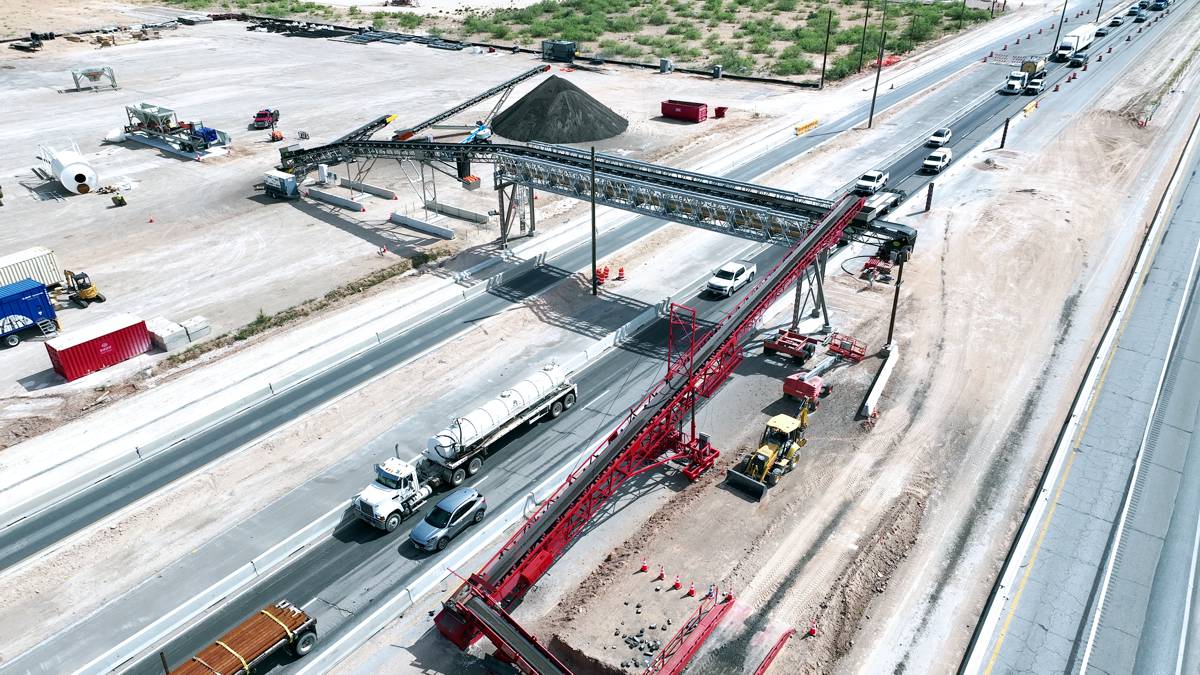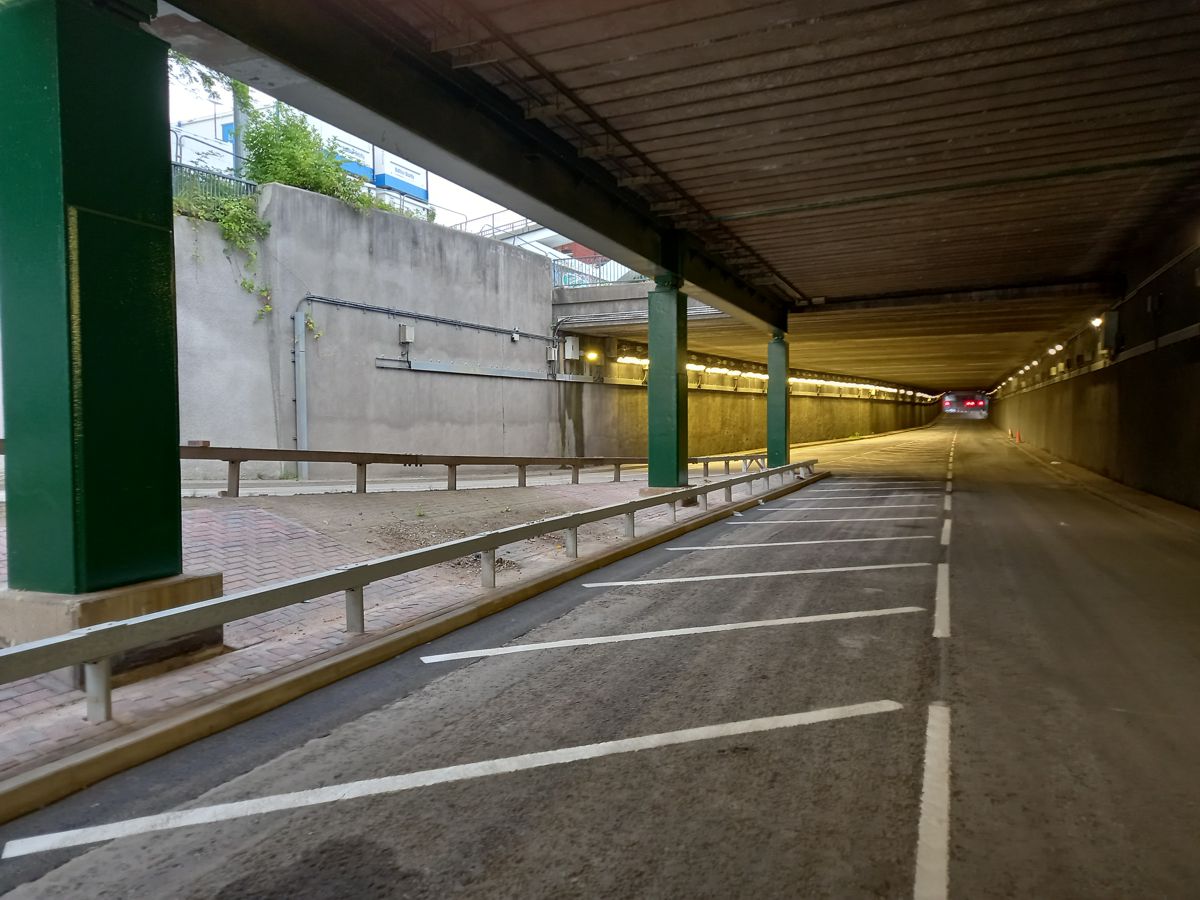Trinidad and Tobago road system set for $200m improvement programme
The loan approved by the Development Bank of Latin America (CAF) will help to strengthen the national road network in Trinidad and Tobago through the construction, maintenance, management, planning, and improvement of existing infrastructure.
The Development Bank of Latin America approved a USD 200 million loan in March to improve the islands road network, through the construction, rehabilitation, and maintenance of roads, access roads and an overpass, together with the management, and planning actions carried out by the Ministry of Works and Transport (MOWT).
The funds will contribute to the Transport Ministry’s efforts to enhance the regulatory frameworks, road safety, and congestion reduction initiatives through several activities such as signalling, changing traffic regulations, camera systems, or traffic lights.
In addition, the much needed funds will help strengthen the Islands institutional capacities in the areas of public planning, especially with the updating of the National Transportation Plan and the development of an action plan for flood control in urban areas.
“The quality of infrastructure and transport services is crucial to boost economic development. It helps promote productivity and competitiveness, and allows companies to grow and prosper, create employment, and attract investment, generating more opportunities for all”, said Luis Carranza, Executive President of the Development Bank of Latin America.
The program is in line with the National Development Strategy – Vision 2030, whose objective is to improve the standard of living of the citizens of Trinidad and Tobago.
The support from CAF will contribute to secure the resources necessary to modernize the country’s road infrastructure.
The Development Bank of Latin America (CAF) is a development bank created in 1970 and owned by 19 countries – 17 from Latin America, as well as the Caribbean, Spain and Portugal, and supported by 13 private banks in the region. CAF promote a sustainable development model through credit operations, non-reimbursable resources, and support in the technical and financial structuring of projects in the public and private sectors of Latin America.





























